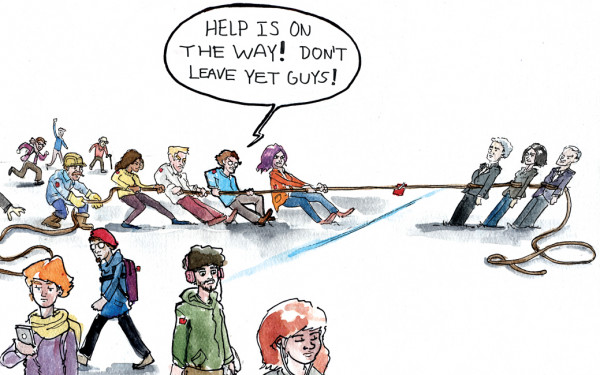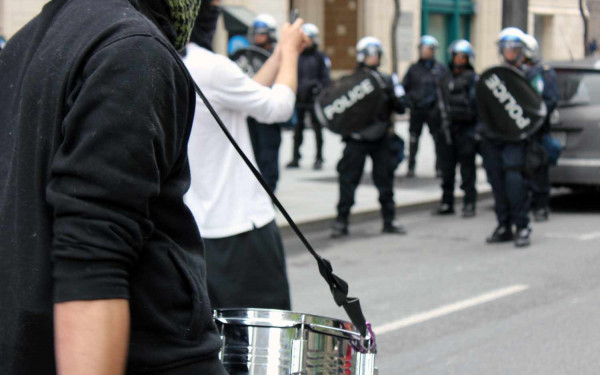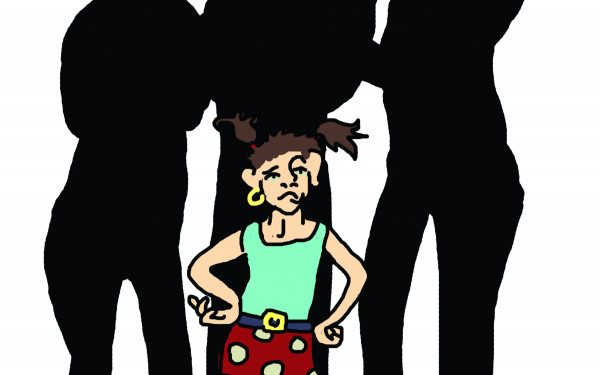Quebec To Be Taken to Superior Court for Alleged Discrimination Against the Trans Community
Activists Say Laws Limit Civil Rights for Trans and Non-Binary People
A trial against the Quebec government is set to take place on Jan. 7 until Feb. 1 to challenge the discrimination trans and non-binary people face in Quebec.
This article has been updated.
The Centre for Gender Advocacy from Concordia wants to invalidate 11 articles from the Quebec Civil Code, arguing parts of it violate the rights to freedom, safety, and privacy that is guaranteed by the Quebec and Canadian Charter of Rights and Freedoms. The CGA first initiated the lawsuit in 2014.
“The lawsuit that we have against the Attorney General is an example of advocacy, justice work, that are carried by trans communities, trans organizations, and organizations that are allied to trans people,” said Amanda, an advocate and public educator with the CGA.
The CGA is Concordia’s independent, student-funded organization that seeks to promote gender equality, particularly for marginalized communities.
The lawsuit scheduled for Quebec’s Superior Court demands changes in Quebec’s Civil Code for four different trans communities, including trans parents, trans youth, trans people without citizenship, and those who do not want the obligation to have gender pronouns on their identification cards.
Articles 59 and 71 of Quebec’s Civil Code require that trans people obtain Canadian citizenship to become eligible for a name change on official documents. As a result, trans immigrants carry documents that do not match their true identity while awaiting citizenship.
“I became a citizen [in September] and I still haven’t been able to procure a name change with Quebec,” said Adrianna Diaz, a Concordia student who studied engineering in Mexico and transferred to the university in 2014.
Diaz said she had trouble finding jobs because her engineering diploma from Mexico still has her name from before her transition. She said that she didn’t want to show them her diploma because she doesn’t want to out herself.
“I had to lie to [the employer] because I didn’t want to show it to them,” explained Diaz. “I took a year off for internships and my surgery, I really cannot push this further and it’s taking to long and I’m going more and more and more into debt, I need to work.”
Audrey Boctor, a lawyer from the IMK firm in Montreal, will be representing the CGA pursuit along with François Goyer. “We’re a big and committed group of the legal council working hard to bring about legal change,” Boctor said.
“[Trans and non-binary] people are still denied legal recognition and face transphobic discrimination because of laws that hinder their full participation in civil society and which continue to erase their existence,” said Amanda.
Since October 2015, adults have been able to change their legal gender on birth certificates in Quebec. The process was then simplified for minors in June 2016.
“Although there were important legal gains in 2015 and 2016, Quebec is still behind compared to other provinces,” Amanda said.
Other provinces such as Ontario recognize non-binary identities by issuing IDs where people can issue an ‘X’ in their gender declaration, instead of ‘F’ or ‘M’.
“In face of transphobic violence and in face of transphobic discrimination, there’s also a lot of trans resilience coming from trans communities,” said Amanda.
Correction: The previous edition of this article had used the word “transgender” instead of “trans.” Our intent was not to exclude trans people, so this article has since been updated. The Link regrets the error.




_600_375_90_s_c1.jpg)


